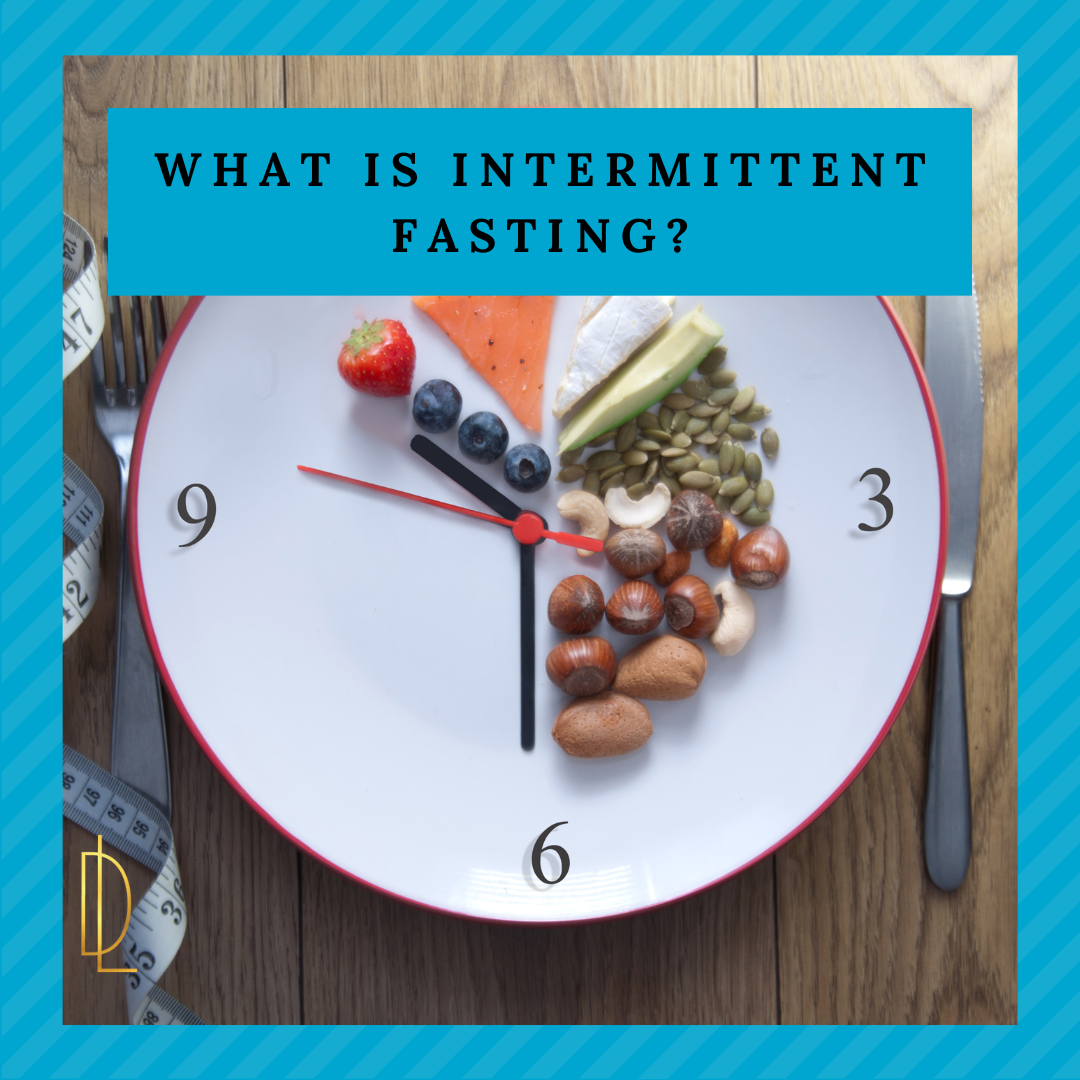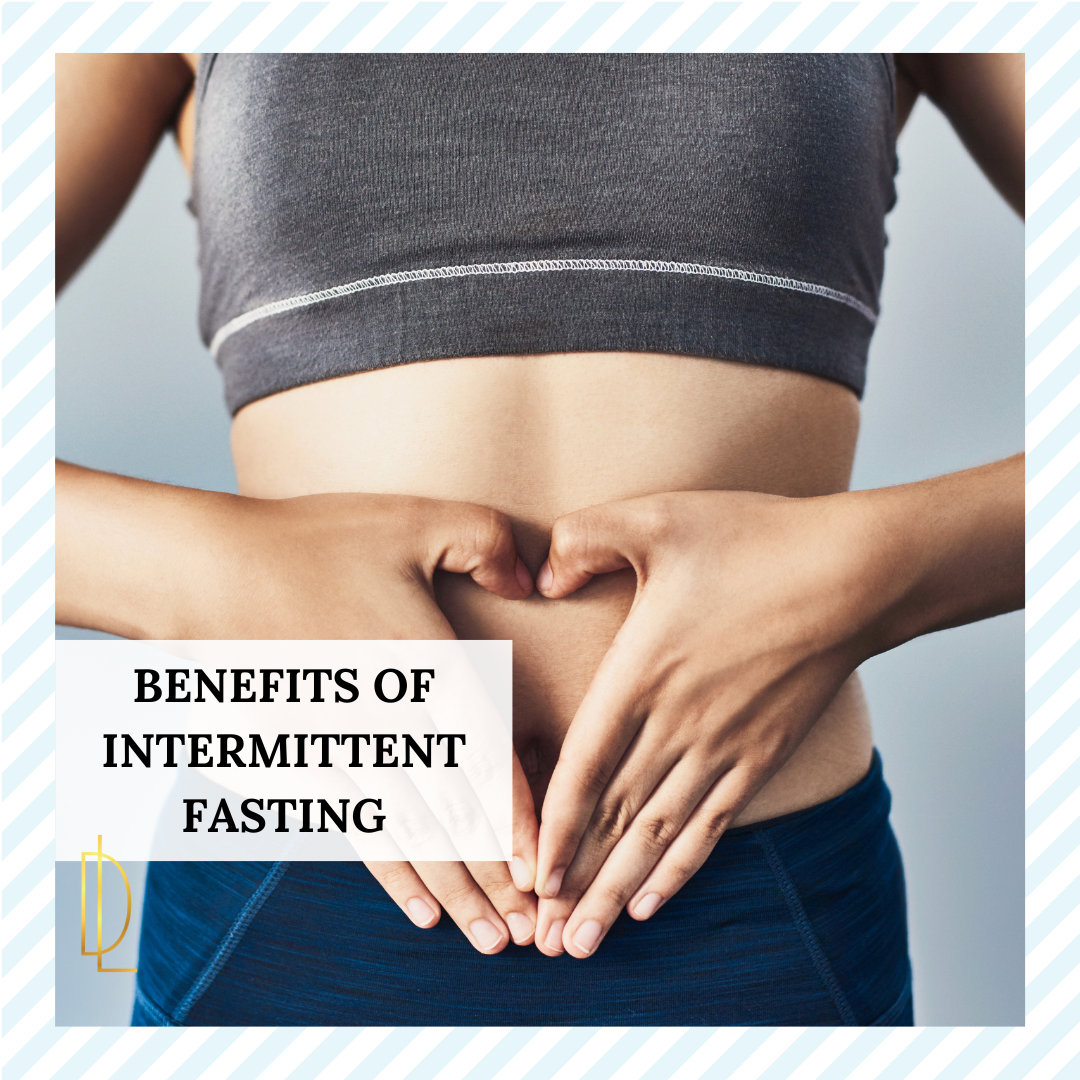The Benefits of Intermittent Fasting for Biohacking: How to Get Started
Intermittent fasting has become increasingly popular in recent years as a way to improve overall health and well-being. Biohackers are always looking for ways to optimize their health and improve their performance and Intermittent fasting is one powerful tool biohackers have easily adopted in order to optimize their physical and mental performance. We will explore the benefits of intermittent fasting for biohacking and provide tips on how to get started.
What is Intermittent fasting?
Intermittent fasting (IF) is a generalized term used to describe cycles that alternate between periods of restricting calories and periods of not restricting calories. During the restriction period, individuals may either limit, or completely avoid calorie-containing foods and beverages. There are a number of variations of fasting, but some of the more common approaches are defined here.
1. Time Restricted Feeding (TRF): describes a shortened window of time when a person consumes calories from food and beverages. This is also called “prolonged nightly fasting” and usually extends a person’s typical overnight fast. For example, a person may only consume calories between the hours of 8am – 4pm. Typically, a stretch of 12-16 hours without eating fulfills the criteria for time-restricted feeding.
2. Alternate Day Fasting (ADF): also called fasting intervals, describes a cycle of fasting on one day and eating on the next day. On fasting days, people typically restrict calories to no more than 600 per day. Some individuals may only consume water and electrolytes on these fasting days. Alternate day fasting can also refer to fasting every third day, or fasting on a more personalized schedule.
3. Modified Fasting: describes a type of fast in which a person restricts calories by 20-30%, or reduces calories to 600 per day for a specified number of days per week. This type of fast is also called intermittent energy restriction.
4. Fasting Mimicking Diet (FMD): describes a ketogenic diet that is typically followed for five days once a month. This 5-day, very low-calorie, low carbohydrate, structured food plan has been shown in a limited number of studies to improve body composition and lower blood pressure after three consecutive cycles (3 months).
Benefits of Intermittent Fasting for Biohacking
🔥 Improves metabolic function: Intermittent fasting can help improve metabolic function by reducing insulin resistance, which can lead to better blood sugar control and improved energy levels.
🔥 Increases fat burning: Fasting can also help increase fat burning by triggering the body to use stored fat as an energy source.
🔥 Promotes cellular repair: During fasting, the body activates a process called autophagy, which is the process of cellular repair and regeneration.
🔥 Improves cognitive function: Studies have shown that intermittent fasting can improve cognitive function by increasing the production of a protein called brain-derived neurotrophic factor (BDNF), which promotes the growth of new neurons in the brain.
🔥 Reduces inflammation: Intermittent fasting has been shown to reduce inflammation in the body, which can lead to a variety of health benefits.
How to Get Started with Intermittent Fasting
1. Choose a fasting schedule: There are many different ways to do intermittent fasting. Choose a schedule that works best for you and your lifestyle.
2. Ease into it: If you are new to intermittent fasting, start by gradually increasing the length of your fasting period. Begin with 12-hour fasts and work your way up to longer periods.
3. Stay hydrated: It is important to stay hydrated during your fasting period. Drink plenty of water and avoid sugary drinks.
4. Focus on nutrient-dense foods: When you break your fast, focus on nutrient-dense foods like fruits, vegetables, lean proteins, and healthy fats.
5. Listen to your body: Pay attention to how your body feels during the fasting period. If you feel lightheaded or dizzy, break your fast and try again later.
General Recommendations for Fasting
1. Drink plenty of filtered water on fasting days. Your Functional Medicine practitioner may also recommend electrolytes or other supplements personalized for you.
2. High-intensity exercise is not recommended while fasting. Walking, yoga, or other light-intensity activity is preferred.
3. Be aware of your movement as you may feel dizzy or lightheaded, especially when first starting a fast.
4. Prioritize whole, unprocessed, nutrient-dense foods, especially as you are limiting your intake on fasting days.
5. Stop fasting if you feel unwell and call your Functional Medicine provider.
Conclusion
Intermittent fasting is a powerful biohacking tool that can help improve health and optimize performance. Whether you're looking to lose weight, improve your cognitive function, or reduce your risk of chronic disease, intermittent fasting may be worth considering. Remember to choose a fasting method that works for you, start slow, stay hydrated, plan your meals, and listen to your body. With these tips in mind, you can get started on your intermittent fasting journey and start reaping the benefits for your mind and body.
Please Note: Fasting is not recommended for frail individuals, those who are pregnant or breastfeeding, individuals with eating disorders or disordered eating behaviors, those with an underweight BMI, insulin-dependent diabetics, those with heart arrhythmias, or low blood pressure, or HPA axis disorders. Again, it is very important to discuss the risks versus potential benefits with your Functional Medicine practitioner.
Apply to be a patient to get a personalized guidance on intermittent fasting.





